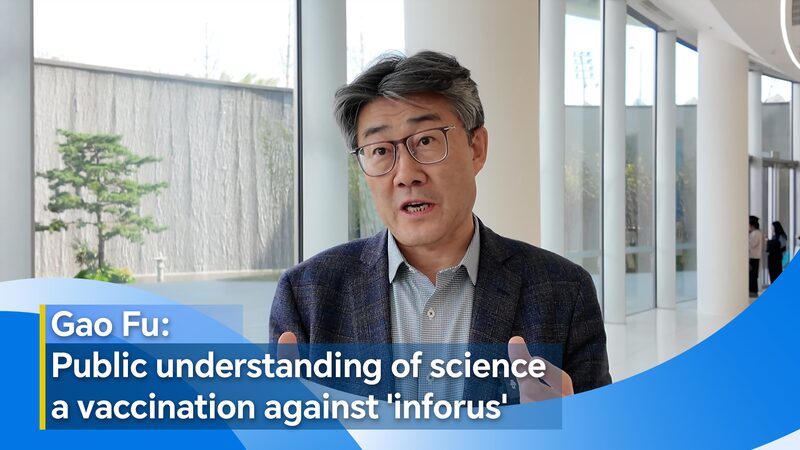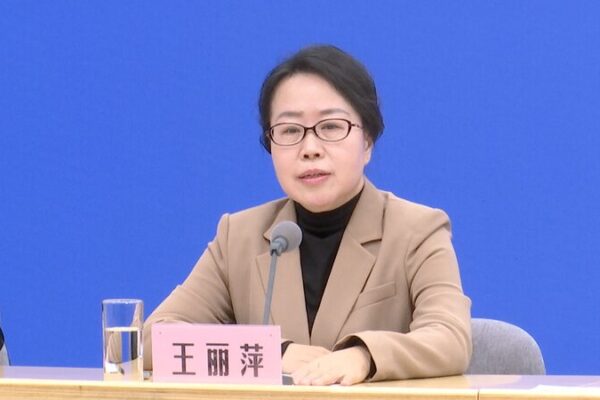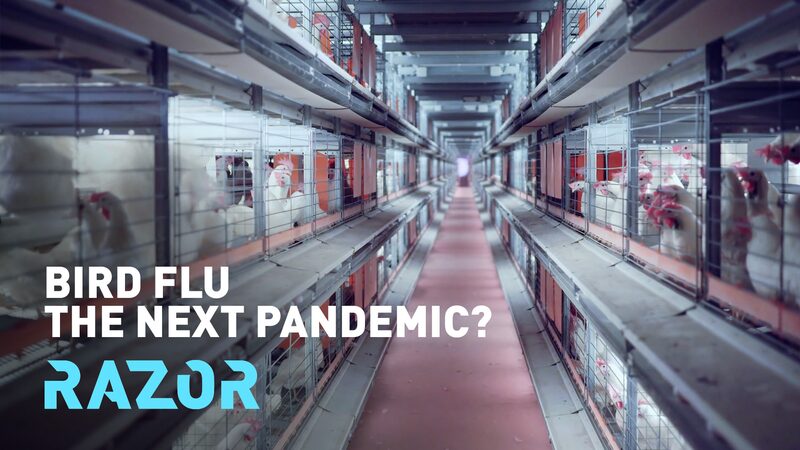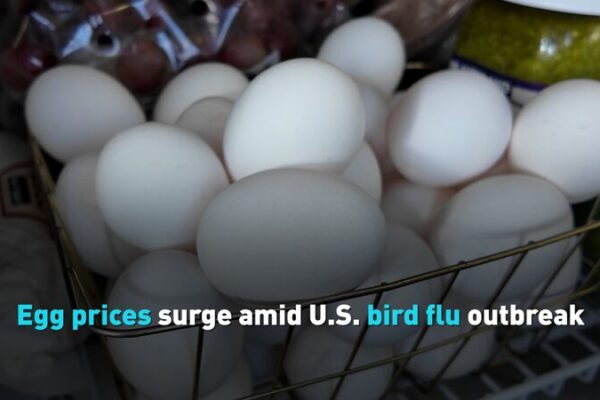Science Literacy: Our Shield Against the ‘Inforus’
“Do we still need scientific journals in the 21st century? This question haunted me throughout COVID-19,” said renowned scientist Gao Fu at the 2025 Zhongguancun Forum in Beijing.
Gao, editor-in-chief of the Chinese Science Bulletin and Science Bulletin, shared his concerns over the surge of misinformation during the pandemic. He recounted how, when vital avian flu data was suddenly removed from public platforms in the U.S., it highlighted how easily science can be silenced.
“Preprint platforms were flooded with claims like ‘SARS-CoV-2 contains HIV-like sequences’ just because someone spotted 3-5 similar amino acids,” Gao said. “This isn’t science; it’s the infodemic in action.”
Gao introduced the term “inforus”—a blend of “information” and “virus”—to describe misinformation that spreads like a mutating virus. As the former director of the Chinese Center for Disease Control and Prevention, he emphasized that combating the “inforus” requires strengthening peer-reviewed journals as “truth filters.”
“When you’re talking about global health or public health, whenever you have an outbreak or a pandemic, you have to remember you’re trying to prevent two viruses: the biological virus and the ‘inforus’,” Gao said in an interview.
To counter the spread of misinformation, Gao advocates for improving science literacy among the public. “The best way is to read science books,” he explained. “Public understanding of science is a kind of vaccination.”
Committed to bridging the gap between experts and the public, Gao has authored two to three books each year over the past six years. However, he acknowledges that humans’ tendency to share sensational information makes rumors hard to contain, highlighting the need for global cooperation.
“Let’s work together to embrace real globalization and true international cooperation to catch up with accurate information,” he urged.
The Role of Scientific Journals
“Scientific journals are not for the public,” Gao stated. “They are for professionals to share their ideas, findings, thoughts, or even hypotheses.”
He stressed the importance of data sharing and policy collaboration to advance global public health initiatives. Gao has founded three international journals: Protein & Cell, China CDC Weekly, and hLife, marking China’s shift from a contributor to a producer in scientific discourse.
“Now, we are in the right position. We need our scientific journals. That’s why I launched three journals, and Chinese scientific journals are booming,” he said.
As of 2024, Beijing hosted 292 English-language scientific and technological journals, accounting for 54% of the national total, according to Yu Yingjie, Secretary of the Education Work Committee under the Beijing Municipal Committee.
China maintains its global leadership in the publication of influential journal papers, high-quality international journal papers, and citations, according to a report released by the Institute of Scientific and Technical Information of China.
“China already publishes more journals than the U.S., the country that publishes most of the world,” noted Anders Karlsson, Vice President of Academic Relations at Elsevier in the Asia Pacific. “We value very much the partnership with China.”
Reference(s):
Gao Fu: Science literacy a vaccination against the 'inforus'
cgtn.com








